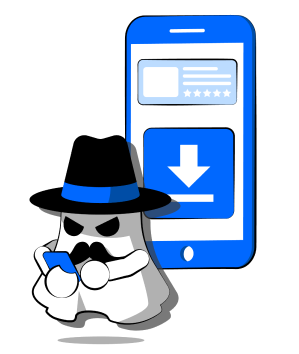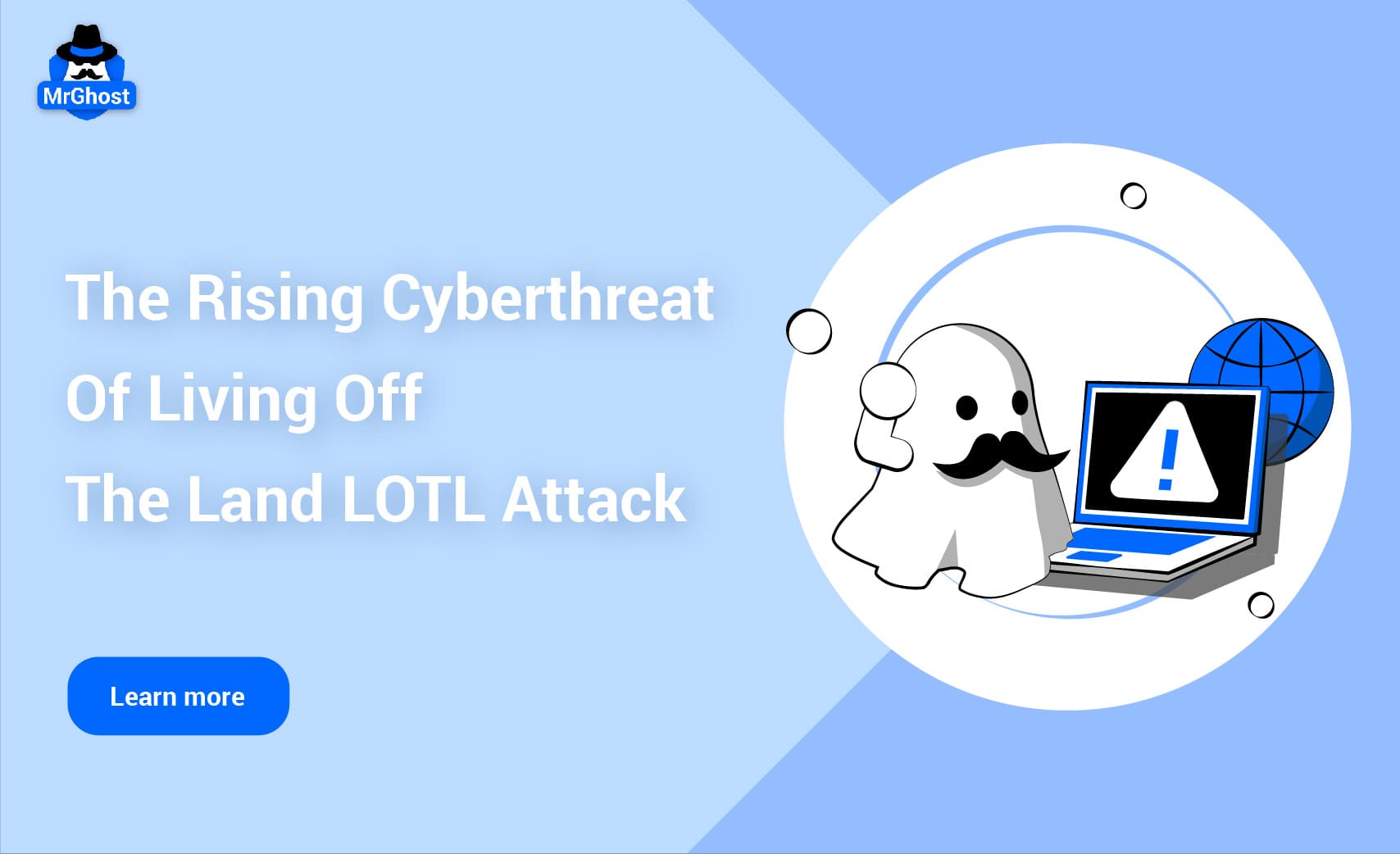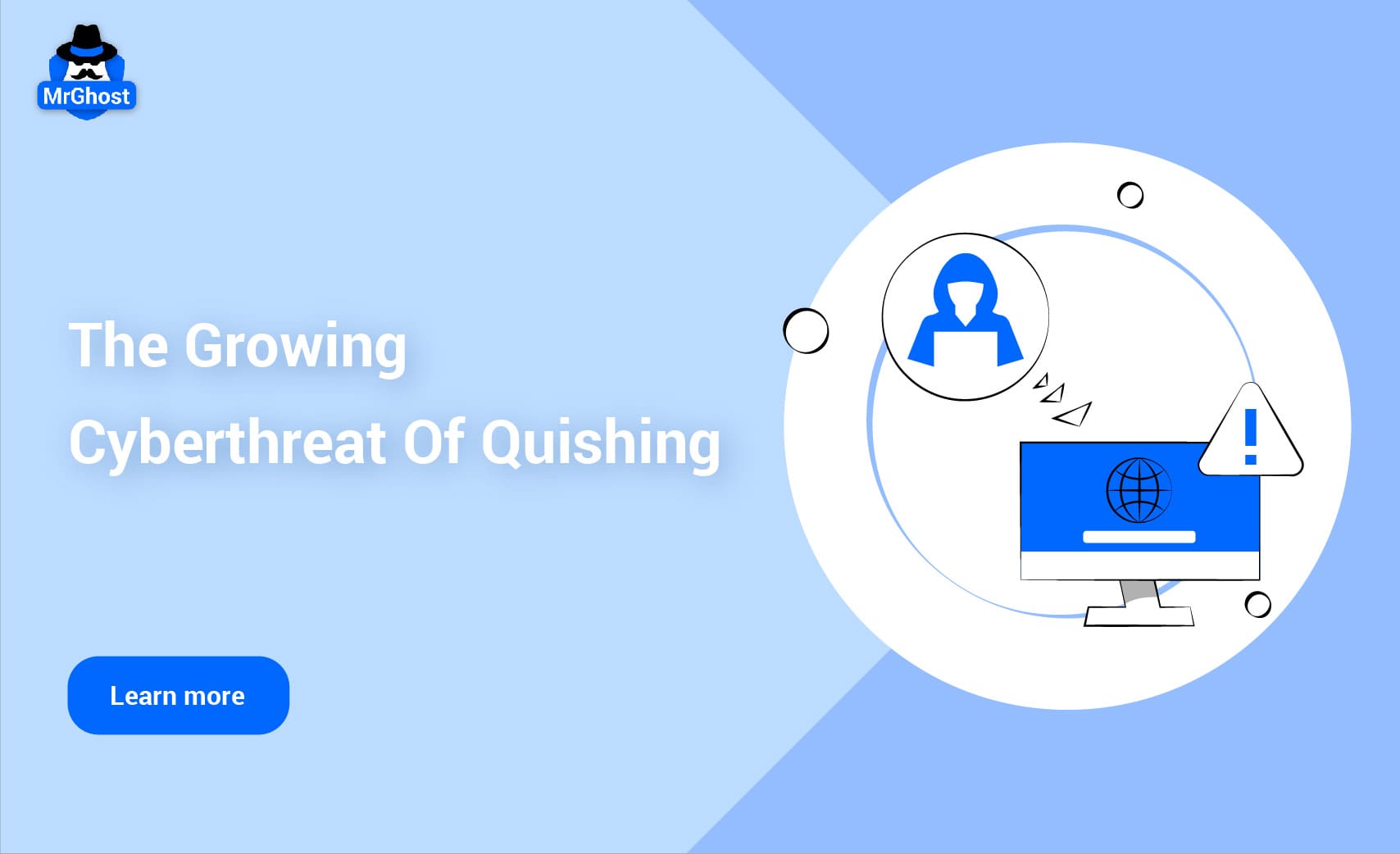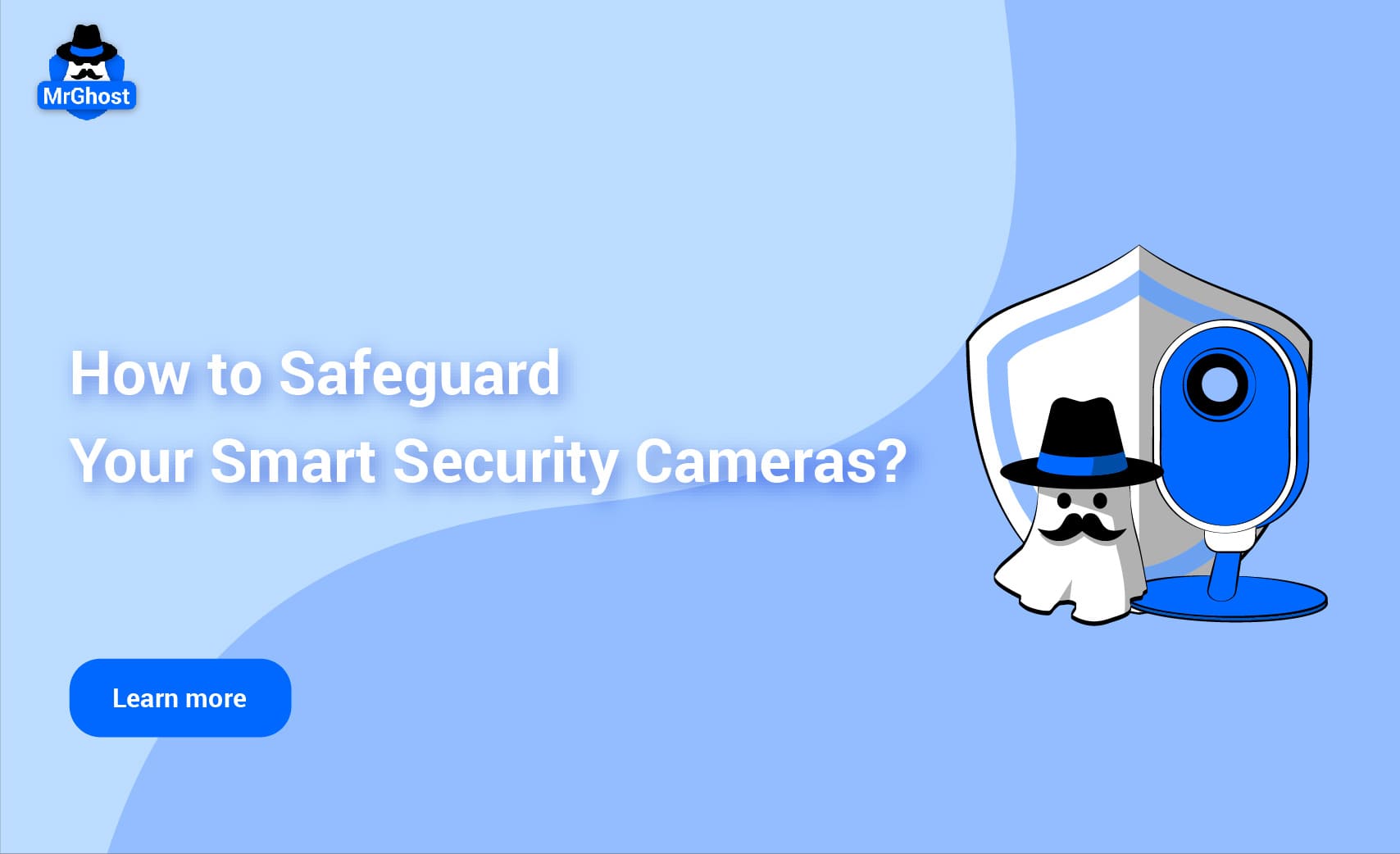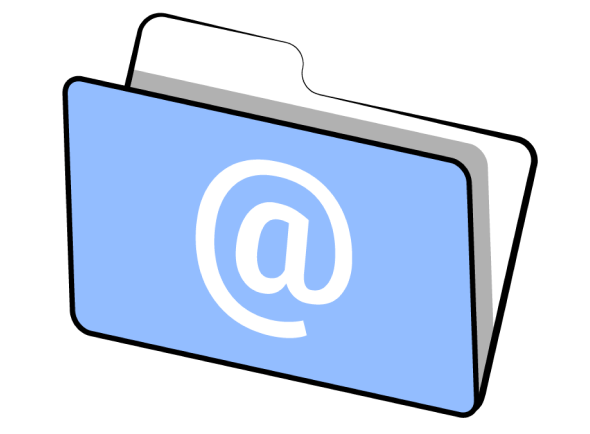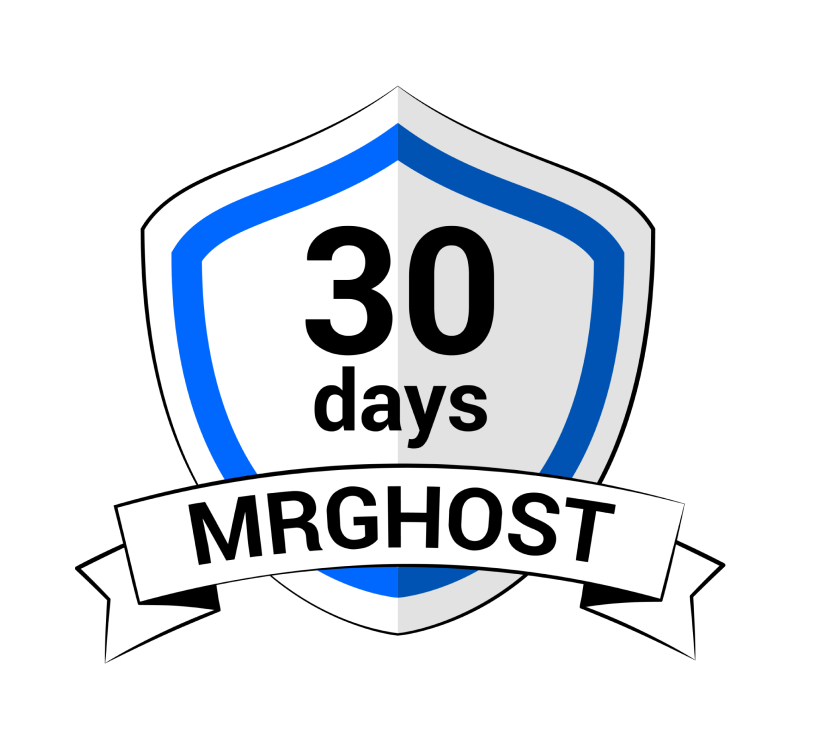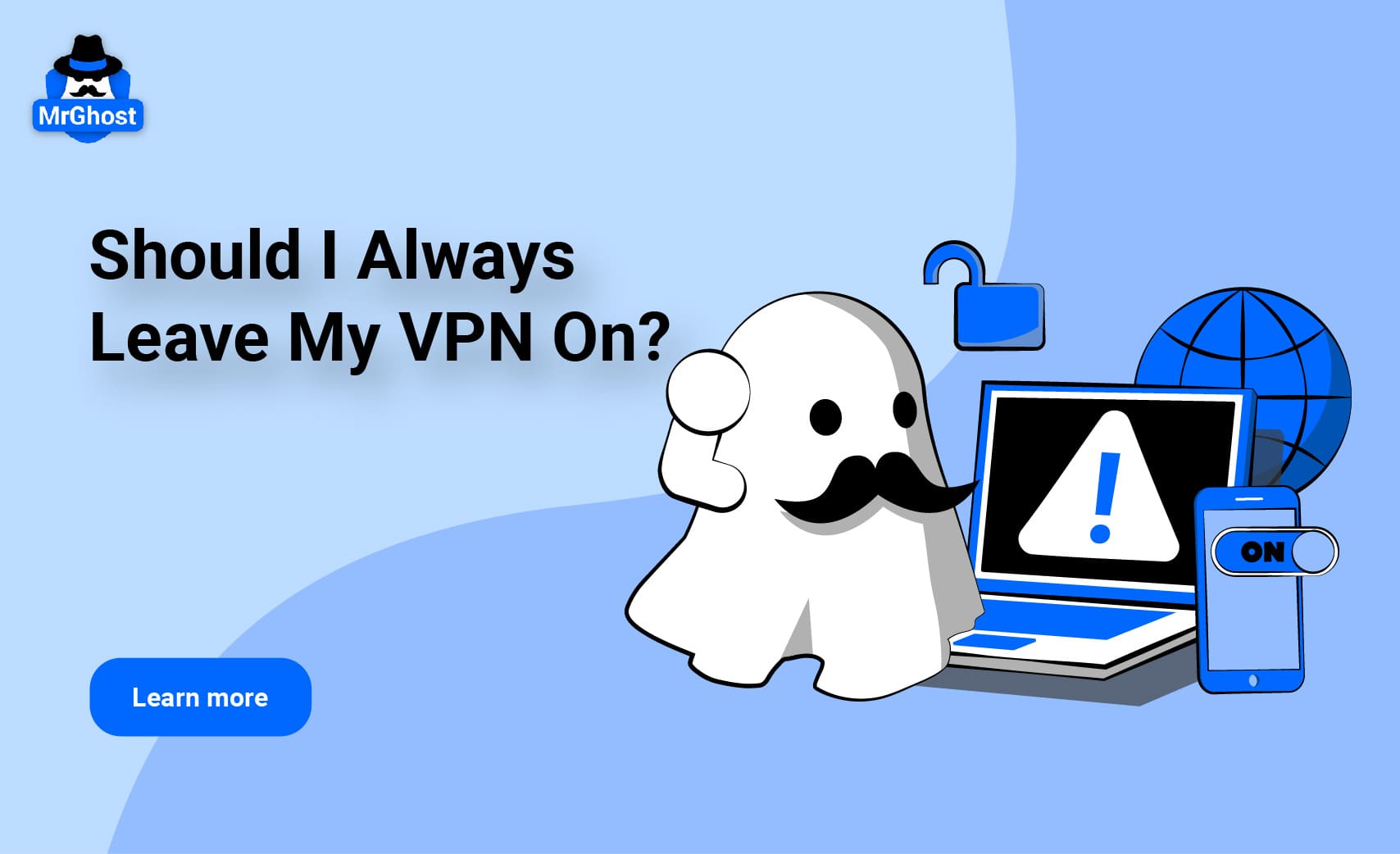
A VPN (Virtual Private Network) has become an essential tool for safeguarding your online privacy and security. It encrypts your internet connection, hides your IP address, and allows you to access region-restricted content, offering a safer and more versatile browsing experience.
Learn more: What Is A VPN?
However, many people wonder whether they need to keep their VPN on all the time. While leaving your VPN on can provide continuous protection, it’s not always necessary. The decision largely depends on your specific online activities, privacy concerns, and the level of security you require.
For instance, if you frequently use public Wi-Fi, handle sensitive information like banking details, or want to prevent your internet service provider (ISP) from tracking your online behavior, keeping your VPN on is a wise choice. On the other hand, there are times when turning off your VPN might be more practical, such as when you're on a secure home network, need maximum internet speed for certain activities, or face restrictions accessing local services.
Understanding the different scenarios in which you should keep your VPN active versus when it might be okay to turn it off can help you strike the right balance between security and convenience.
Here’s a breakdown to help you decide when it’s essential and when it might be okay to turn it off:
When You Should Keep Your VPN On?
You should always keep your VPN on when using public Wi-Fi, accessing bank accounts or shopping online, bypassing geo-restrictions, and if you are generally concerned about data tracking.
Learn more: How Does VPN Protect Online Security and Privacy?
1. Public Wi-Fi Use
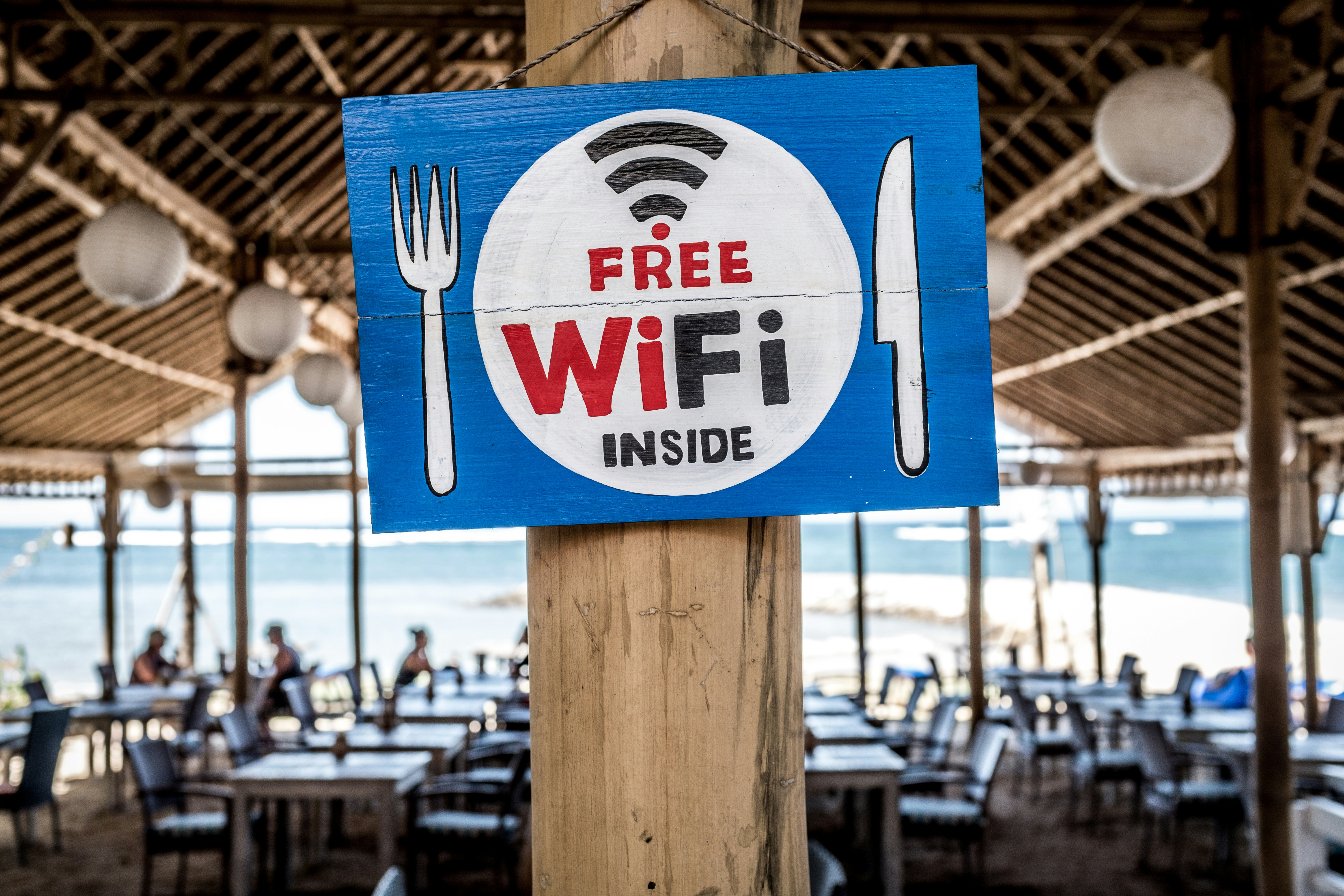
Whenever you connect to public Wi-Fi (e.g., at coffee shops, airports, hotels), keeping your VPN on is crucial. These networks are often unsecured, making it easier for hackers to intercept your data. These networks are vulnerable to various types of attacks, including "man-in-the-middle" attacks, where hackers intercept and potentially alter communications between your device and the internet.
By keeping your VPN on while connected to public Wi-Fi, you ensure that your internet traffic is encrypted and routed through a secure server. This encryption makes it exceedingly difficult for anyone on the same network to eavesdrop on your activities or steal sensitive information like passwords, credit card numbers, and personal messages. Essentially, a VPN acts as a protective shield, securing your connection and safeguarding your data from potential threats in these high-risk environments.
2. Online Banking and Shopping
When managing financial transactions online, such as accessing your bank account or entering payment information on e-commerce sites, security is paramount. These activities involve sensitive data that, if intercepted, could lead to financial theft or identity fraud. A VPN provides an additional layer of protection by encrypting your connection, ensuring that any information you transmit remains confidential and unreadable to potential hackers. This encryption helps prevent unauthorized parties from gaining access to your financial details, login credentials, and personal information, thereby reducing the risk of fraud and ensuring that your transactions are conducted safely.
3. Bypassing Geo-Restrictions
Many online services, including streaming platforms and websites, impose geo-restrictions that limit access based on your location. For instance, certain movies, TV shows, or websites might only be available in specific countries. If you often encounter these geo-blocks, keeping your VPN on allows you to circumvent these restrictions by masking your true location and making it appear as though you are accessing the internet from a different country.
This enables you to enjoy a wider range of content and services that might otherwise be unavailable. Additionally, if you reside in a country with stringent internet censorship, a VPN can help you access global websites and platforms that are otherwise blocked, ensuring unrestricted access to information and entertainment.
4. Privacy Protection
ISPs, advertisers, and government agencies often track your browsing habits, collect personal information, and create detailed profiles based on your online behavior. By keeping your VPN on, you mask your IP address and encrypt your browsing activities, making it significantly harder for these third parties to monitor or collect your data.
This ongoing protection helps safeguard your personal information from unwanted scrutiny and ensures that your online activities remain private. Whether you’re browsing social media, reading news articles, or engaging in online discussions, a VPN ensures that your personal data remains secure and out of reach from intrusive trackers.
When It Might Be Okay to Turn Your VPN Off?
1. Trusted Networks: If you’re on a secure, trusted network like your home Wi-Fi with strong encryption and a unique password, turning off the VPN can be less risky. However, your activities would still be visible to your ISP.
2. Speed-Intensive Activities: VPNs can slow down your internet connection due to encryption and server routing. If you’re video conferencing, or downloading large files, and you’re on a trusted network, turning off the VPN might provide faster speeds.
3. Local Services: Some local websites, banking apps, or streaming services may block access when they detect VPN usage. In such cases, temporarily turning off your VPN can help you access these services.
4. Battery and Data Conservation: On mobile devices, VPNs can drain the battery faster and use more data due to the constant encryption process. If you're trying to conserve battery life or limit data usage, you might turn off the VPN when it's not strictly necessary.
Conclusion
For most users, it's advisable to keep your VPN on as much as possible to maintain privacy, security, and unrestricted access to content. However, there are scenarios where turning it off temporarily might be practical, such as for speed, accessing local services, or conserving battery life. Weigh the pros and cons based on your needs and ensure that if you do turn it off, you’re on a secure network and understand the risks.
Ultimately, the decision to leave your VPN on or off depends on your personal preferences, security concerns, and the specific requirements of your online activities.
Get MrGhost VPN Today!
Ready to take control of your online experience? Sign up for MrGhost VPN today and unlock a world of possibilities. With our commitment to user satisfaction and cutting-edge technology, you can browse, stream, and download with confidence.
Why You Should Get MrGhost VPN
MrGhost VPN stands out as the ideal choice for individuals seeking top-notch privacy, security, and performance. Here's why:
● Blazing Fast Speeds: Enjoy uninterrupted streaming, gaming, and downloads without lag.
● Ironclad Security: Advanced encryption and a strict no-logs policy protect your data.
● Global Server Network: Access content from around the world with our extensive server network.
● User-Friendly App: Easy setup and intuitive interface for hassle-free experience.
● Affordable Plans: Choose from flexible pricing options to suit your needs.
Don't compromise your online freedom. Choose MrGhost VPN and enjoy the ultimate peace of mind. Get it today!



